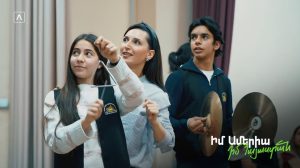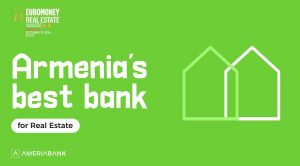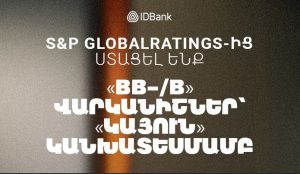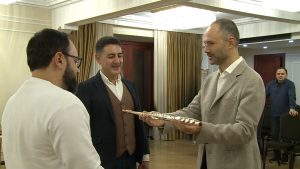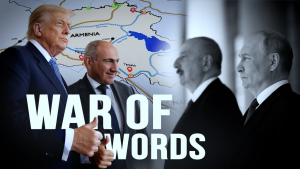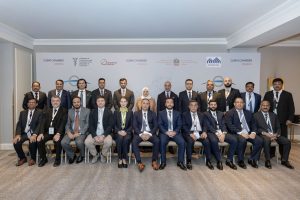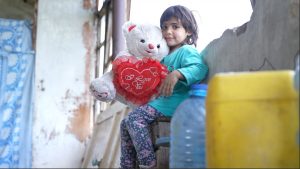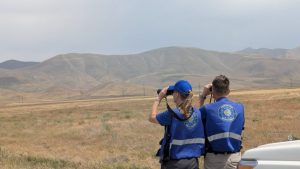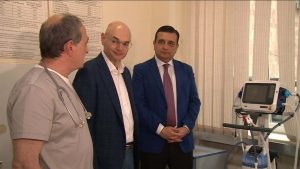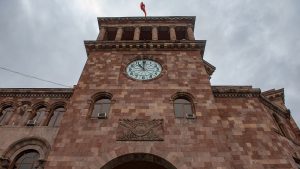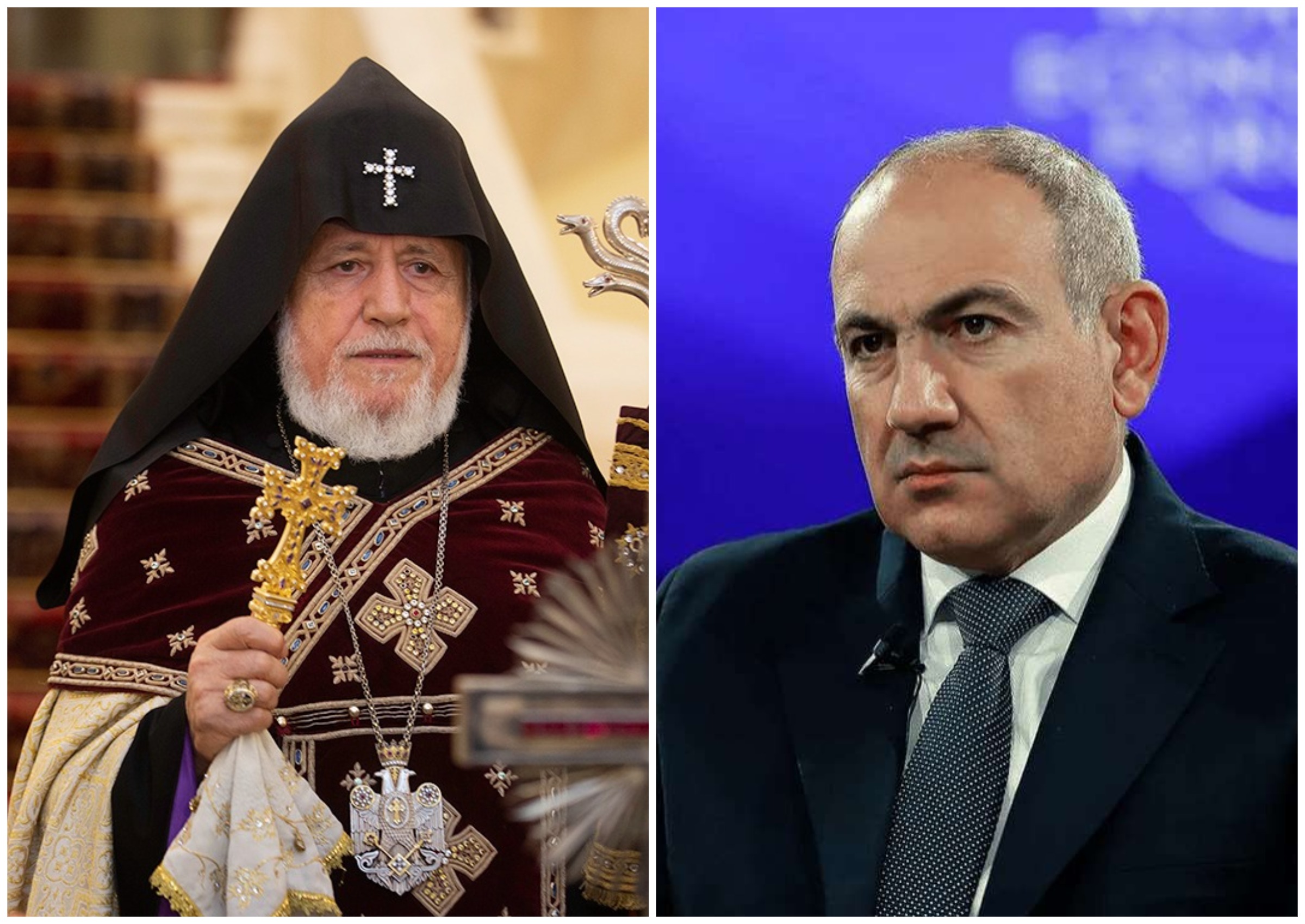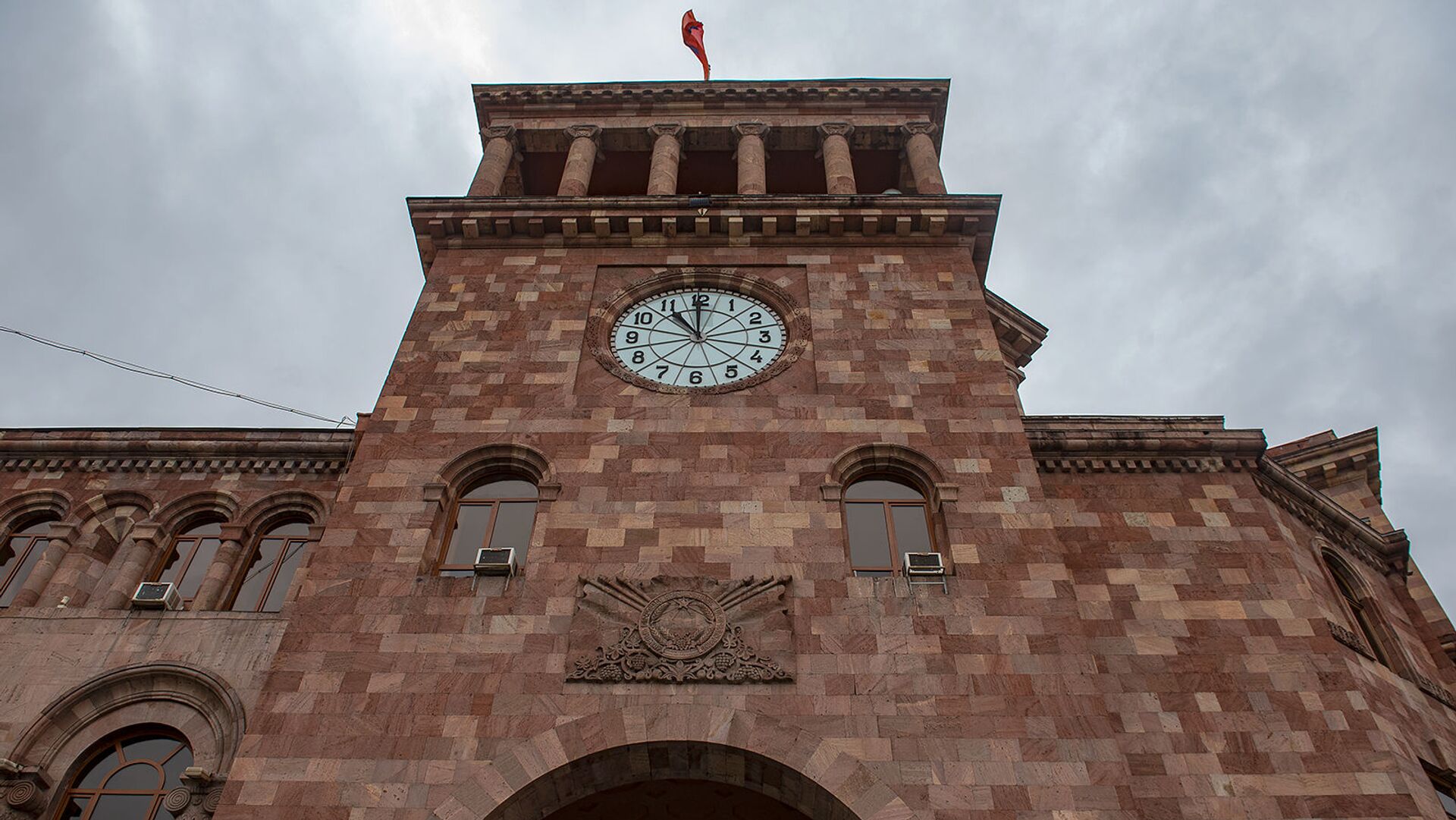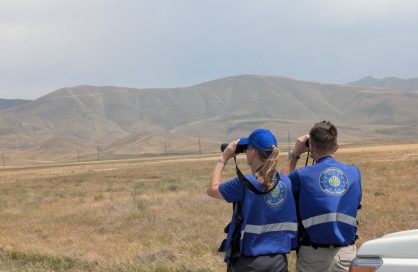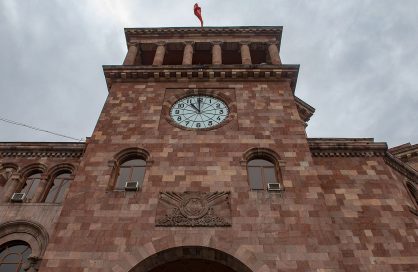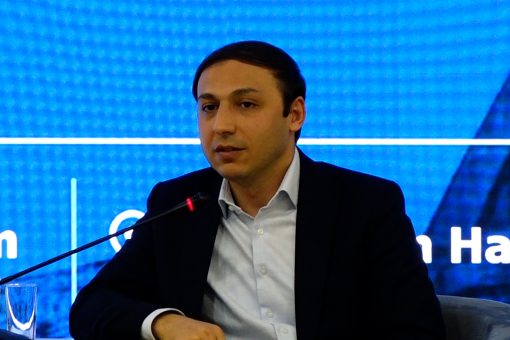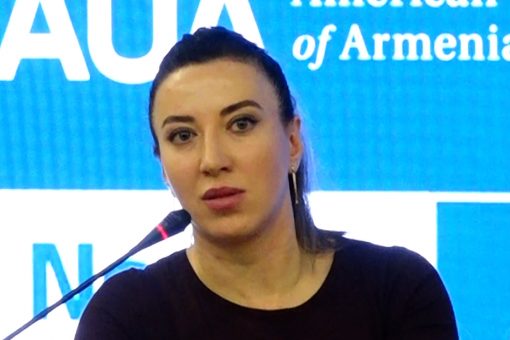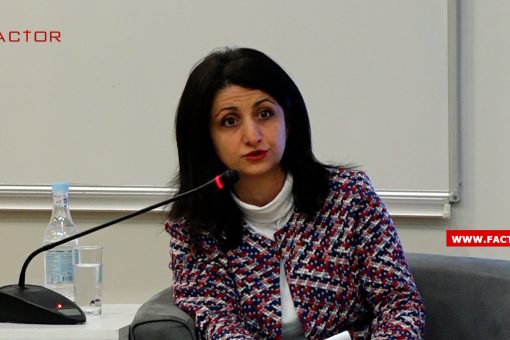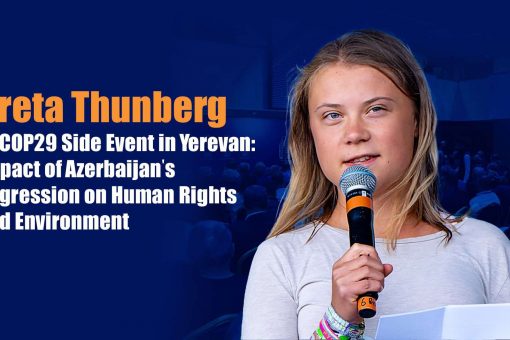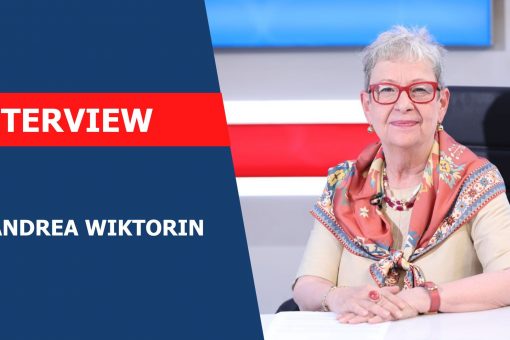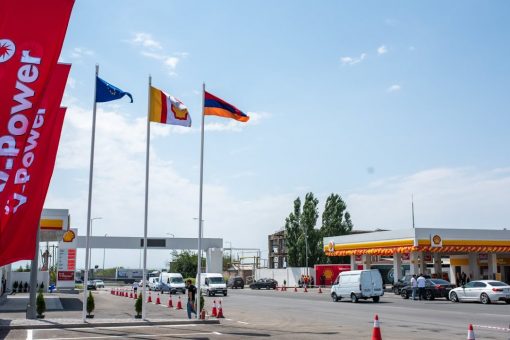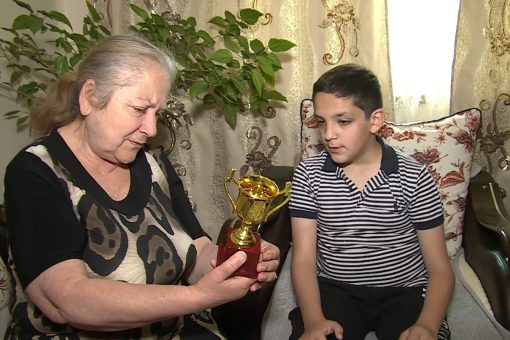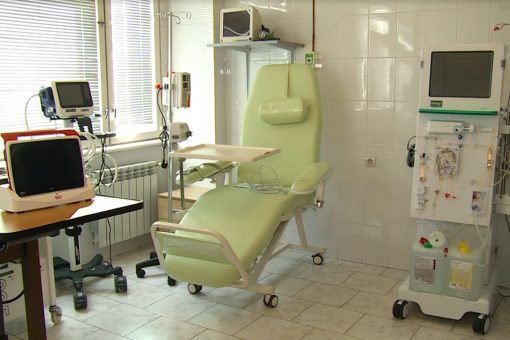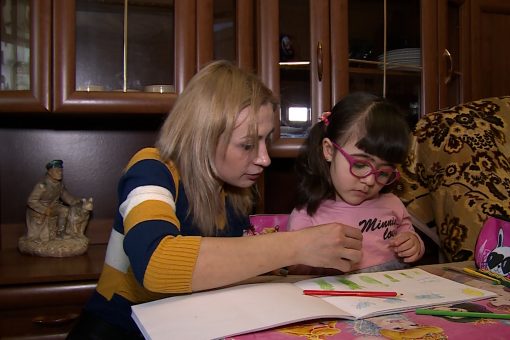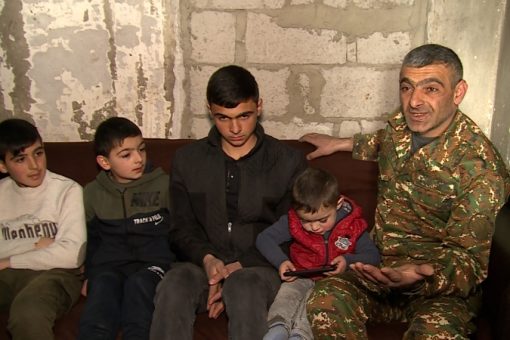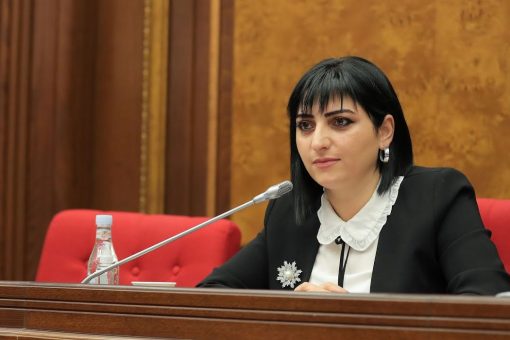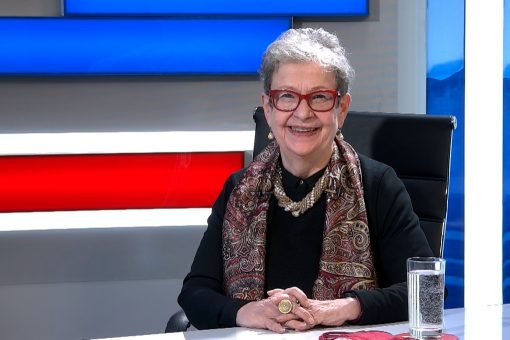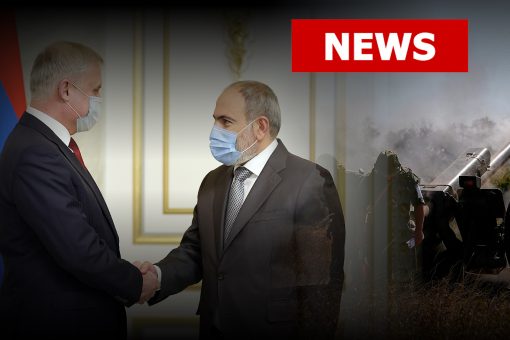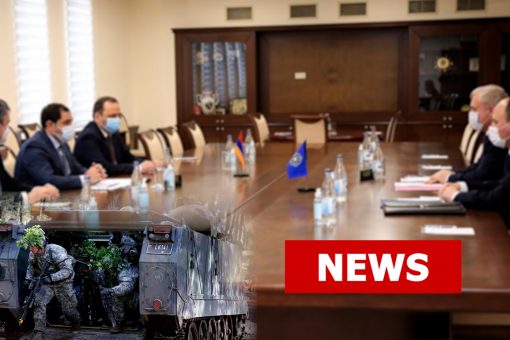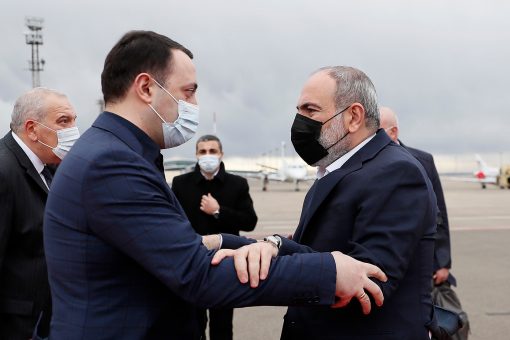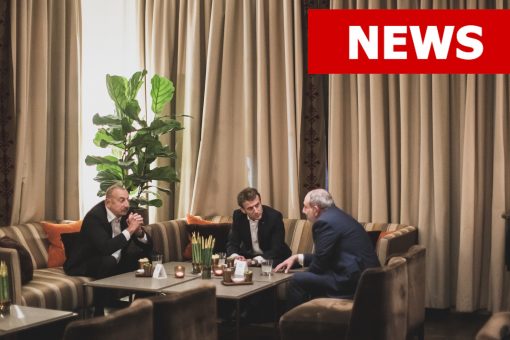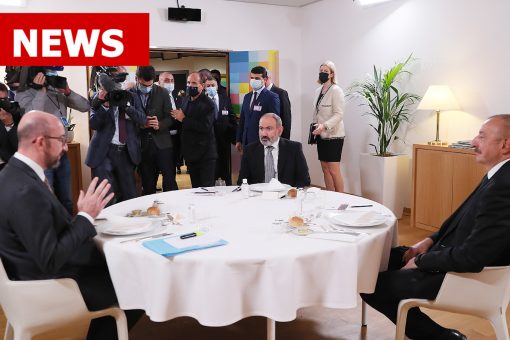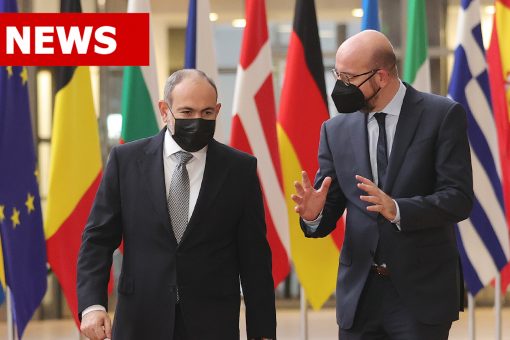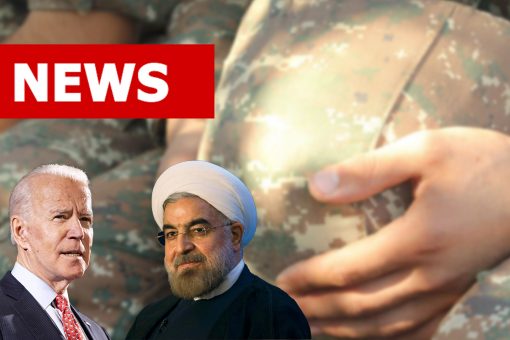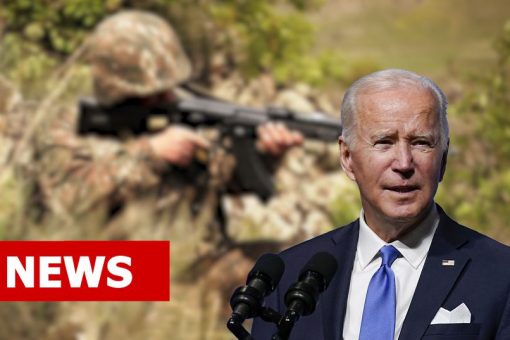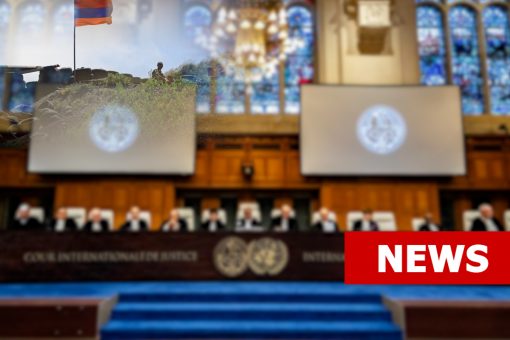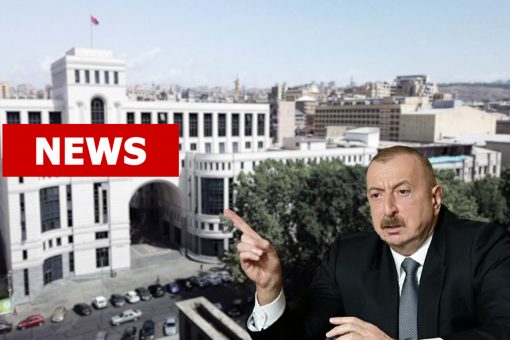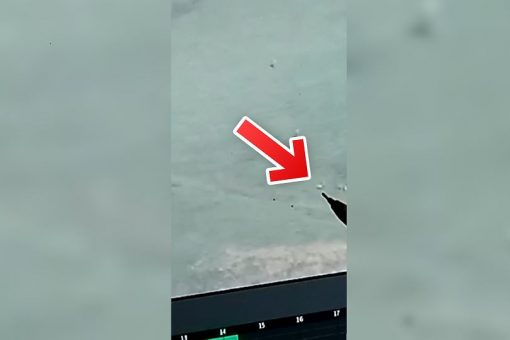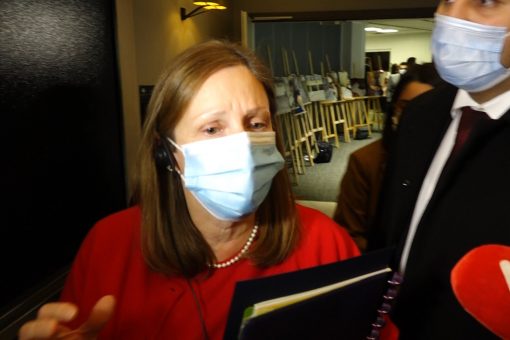A 30-year-old woman from Artsakh lost her child due to stress and malnutrition. the consequences of the blockade in Artsakh
POLITICS
23.06.2023 | 20:17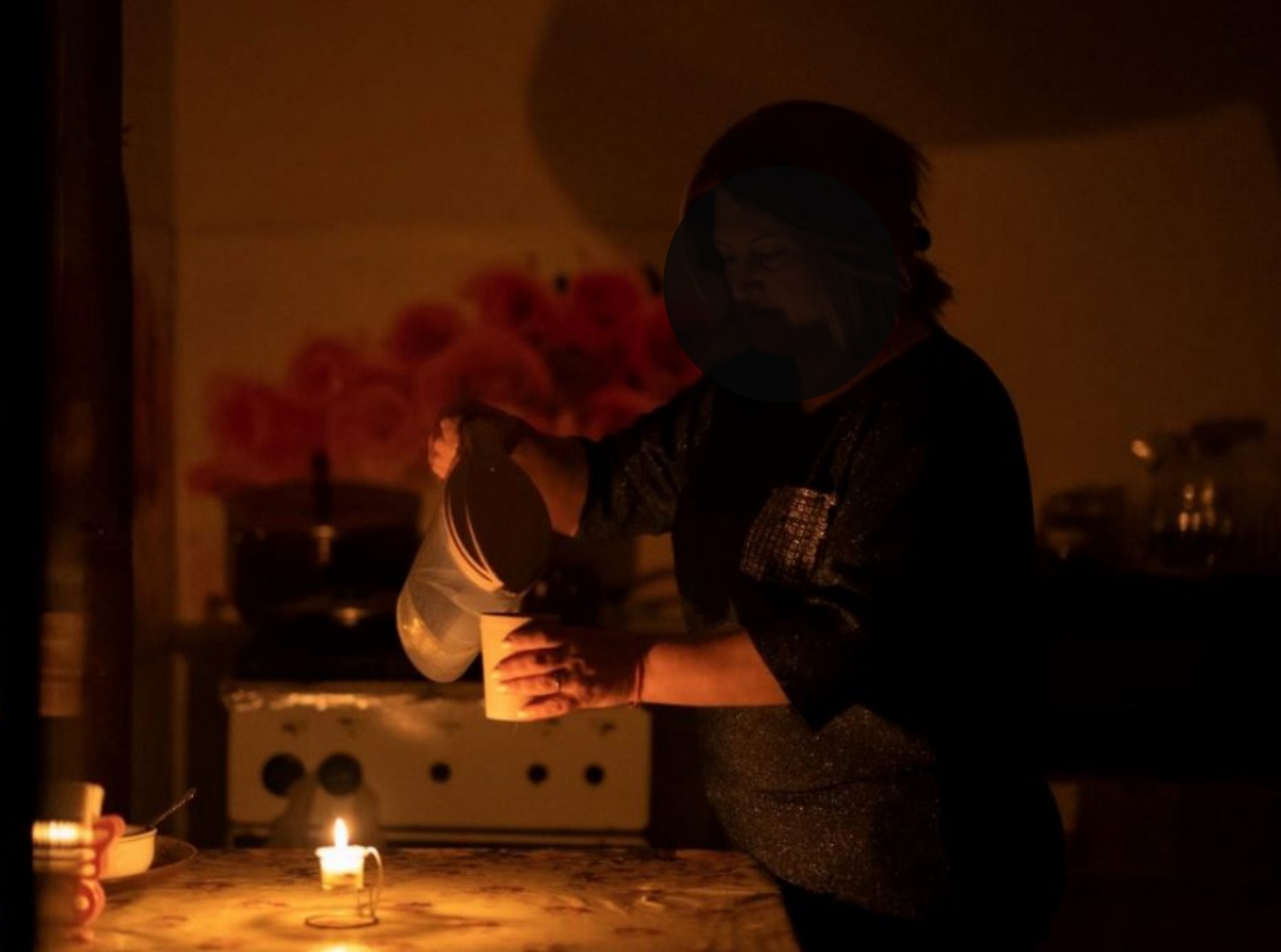
28-year-old Inga from Stepanakert, a young mother of 8-year-old Suren, has been struggling during the blockade, as her son has congenital lactose and gluten intolerance, celiac disease and many other food allergies, and is now suffering from malnutrition. There is no suitable food for him available at the stores. As a result, Suren has lost 5 kg during the blockade, becoming underweight for his age category. He has also developed apathy, depression and isolation, so he is not even able to attend school anymore. His diet now primarily consists of special medicaments and dietary supplements, but this is not enough, as he does not receive the necessary vitamins, minerals and microelements from fresh food. Although being under supervision of doctors, the child is currently on the edge of severe depletion and exhaustion, which can bring to fatal outcome if the blockade continues. This is stated in the extraordinary report of the HRD of Artsakh on the consequences of the blockade in Artsakh
From the very beginning of the blockade, the range of food products has sharply reduced and subsequently lacked, particularly almost all types of vegetables and fruits, as they are mainly imported from Armenia, especially in the winter season.

Before the blockade, about 90% of the food sold in Artsakh was imported from Armenia and other countries, so the blockade greatly affected the quantity and variety of food supplies. During this period, food was supplied from the state reserve and imported in limited quantities through the ICRC and Russian peacekeepers. The level of food security has dropped sharply as a result of the 2020 war, as the most fertile agricultural lands were seized by Azerbaijan.
67-year-old Alina, a resident of Stepanakert with chronic asthma and disability, suffered gas inhalation due to the recurrent gas supply disruptions by Azerbaijan. On February 7, 2023, when the gas supply from Armenia to Artsakh was again cut off and restored by Azerbaijan, Alina was working at the kitchen. As her daughter Maria told the Human Rights Ombudsman in an interview, at some point the older woman started to complain of dizziness and nausea. Being already deprived of nutritious food and energy, Alina was feeling very weak and went to lie down in her room. Maria got scared that her mother will lose her consciousness, and she took her to the hospital right away. As a result of the medical examination, it became clear that Alina suffered gas inhalation, as the kitchen got filled with gas from the cooker due to the gas supply issues by Azerbaijan, and the woman was poisoned. Luckily, the doctors managed to clear her airways and save her life.

In particular, special needs and problems have become more pronounced in case of 163 lonely older persons, to whom special state and social care is provided. Nevertheless, the blockade and the disruption of vital infrastructure deepen their deprivations and violate their rights due to the additional pressure created by the difficult access to food, medicines, services and other necessary goods.
Grigory is a 25-year-old person with disabilities from Martuni, who got severely injured during the 2020 war and luckily survived. Before the blockade, once a month he went to Yerevan to undergo a rehabilitation course in a specialised institution of Yerevan. Currently, he is not only deprived of the opportunity to continue his treatment, but he is also unable to purchase new prosthetic legs and an arm prosthesis, which he lost to the 2020 war, as well as a new wheelchair from Armenia. As a result, he is deprived of the opportunity to lead his normal life, to get out of the house, move around and do the groceries on his own. Without the necessary equipment, he needs special care and constant physical support of someone. In an interview with the Human Rights Ombudsman of Artsakh, he said:
“During the war, I thought it was the worst experience of my life. However, the terror and torture continue every day. We live in a hell now thanks to Azerbaijan, but the world continues to ignore that. I want to live on and recover from the horror I went through almost 3 years ago, but the stress of the blockade is not letting me do that. I don’t know if people realise how hard it is for a person with disabilities to live under the blockade and struggle to do even the most basic things. And there are over 9,000 people like me in Artsakh. Sometimes, I think I would rather die than live a life like this.”
38-year-old Gevorg, a surgeon at the hospital of Stepanakert, in an interview with the Human Rights Ombudsman said:
“In the conditions of constant rolling blackouts, recurrent disruptions of the gas supply from Armenia to Artsakh by Azerbaijan, in the absence of diesel fuel supplies, stable electricity and heating commodities, it is quite dangerous and risky to conduct surgeries, especially hours-long and complex ones. Unfortunately, we have had to refuse to operate hundreds of people since the beginning of the blockade. During the winter season, we were facing a serious issue of heating the hospital wards, where we provide inpatient treatment to dozens of people. It was practically impossible to reach the required temperature (20-21 Degrees Celsius) in the wards, even when alternative sources were utilised. The blockade leaves us, doctors, in a very difficult situation, as we can no longer perform our duty to the full extent.”

Given the stresses and fears caused by the blockade, as well as hypothermia and malnutrition, there are significant reproductive health risks for adolescent girls. Women face a sharp shortage of hygiene items and medicines which leads to emergence and/or worsening of their health problems.
30-year-old Anush is an internally displaced person (IDP) from Shushi, who lost her younger brother to the 2020 war, while her father was heavily injured to the first Artsakh war of 1990s. She has suffered serious psychological trauma and stress ever since. She recently got married and at the onset of the blockade she was in the fourth month of her first pregnancy. Due to the blockade, she got separated from her husband, who has been stranded on the other side of the blockade. Her mother, Armine told in an interview to the Human Rights Ombudsman of Artsakh that Anush had tried to commit suicide on February 1, 2023, as she had a miscarriage and lost her long-awaited firstborn due to the increased level of stress, anxiety, depression and malnutrition under the blockade. Now Anush is undergoing a recovery treatment at the hospital and is under supervision of psychologists and neurologists, as her mental and physical state health is very fragile.
Due to the spread and deepening of social and psychological problems among the population, the risks of domestic violence cases have significantly increased. However, due to their largely hidden nature, it is impossible to provide accurate numbers at the moment.




